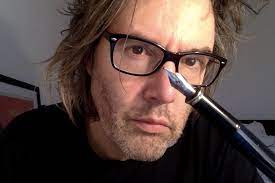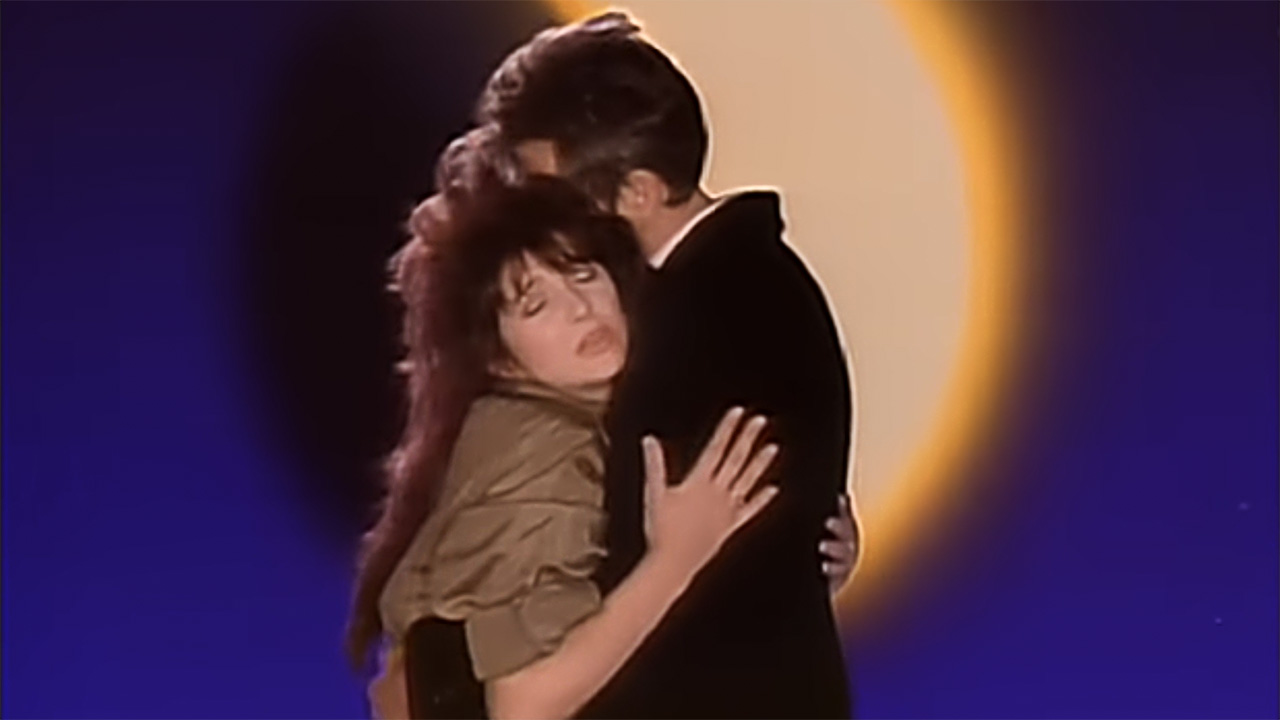Coheed And Cambria's Sanchez Rediscovers Himself On The Color Before The Sun
In 2015, Coheed And Cambria unleashed their first album without a concrete concept, but as it turned out, middle age, an identity crisis and the birth of a child provided enough inspiration for The Color Before The Sun
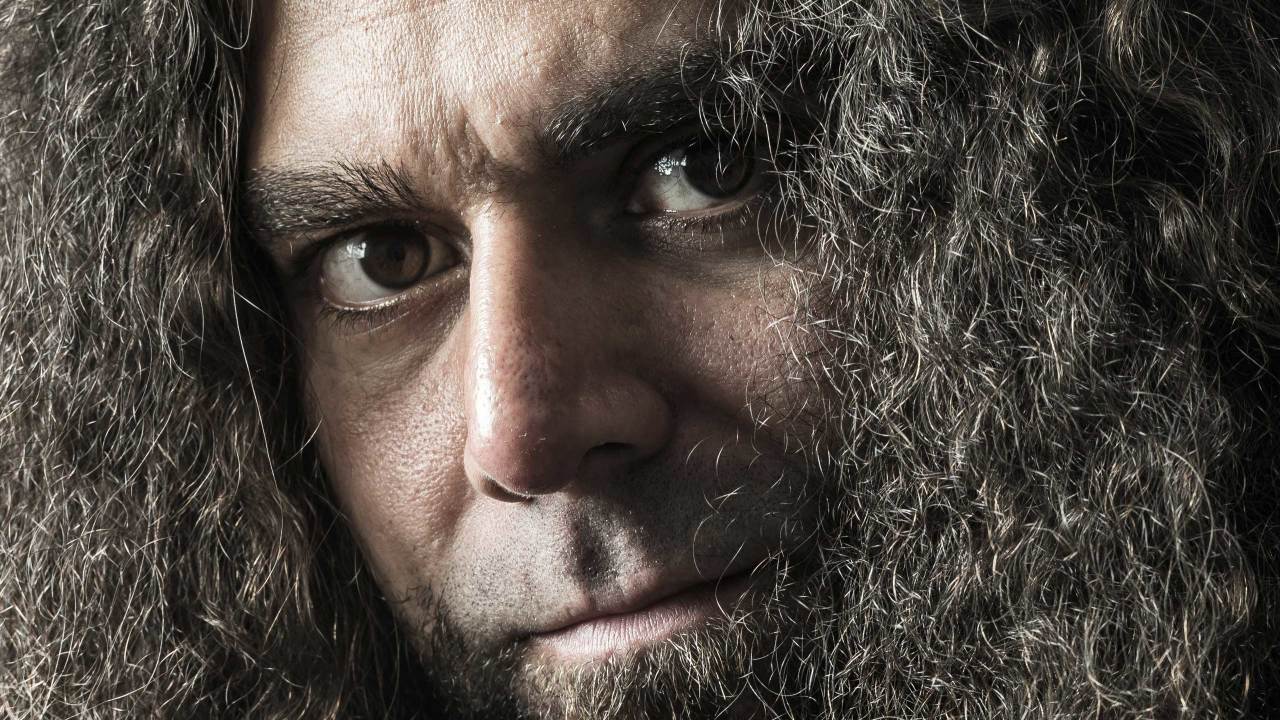
Select the newsletters you’d like to receive. Then, add your email to sign up.
You are now subscribed
Your newsletter sign-up was successful
Want to add more newsletters?

Every Friday
Louder
Louder’s weekly newsletter is jam-packed with the team’s personal highlights from the last seven days, including features, breaking news, reviews and tons of juicy exclusives from the world of alternative music.

Every Friday
Classic Rock
The Classic Rock newsletter is an essential read for the discerning rock fan. Every week we bring you the news, reviews and the very best features and interviews from our extensive archive. Written by rock fans for rock fans.

Every Friday
Metal Hammer
For the last four decades Metal Hammer has been the world’s greatest metal magazine. Created by metalheads for metalheads, ‘Hammer takes you behind the scenes, closer to the action, and nearer to the bands that you love the most.

Every Friday
Prog
The Prog newsletter brings you the very best of Prog Magazine and our website, every Friday. We'll deliver you the very latest news from the Prog universe, informative features and archive material from Prog’s impressive vault.
It’s 4am in Brooklyn, New York and Coheed singer Claudio Sanchez is waiting for the sun to come up. While his wife and new son, Atlas, sleep quietly next door, Sanchez scribbles notes, listens to arrangements on his headphones, but mostly he just wants to throw back his head and sing. He looks out of the window of their small apartment and onto the street down to the park. The building is eerily still; the neighbourhood unmoving. A solitary car drifts by, turns a corner and is gone. Sanchez, stifling a yawn, grabs his jacket and goes. He takes a left outside his block, heads for Prospect Park and waits for the sun to come up.
“The sunrise has always been a big thing for me,” he says. “I was born in a river town [Nyack NY, on the banks of the Hudson River], so the way the light hits the water is very important to me, and then I was taken away from that and always longed for it.
“In a strange way, Park Slope, Brooklyn, where we lived, was two blocks from Prospect Park, and when the sun came up it reminded me of a river – just the way the light broke the sky at that time of day. I would spend hours walking round there because I couldn’t create at three or four in the morning in our building – singing at the top of your lungs at 4am, it’s just not happening! So it became this special moment to me. It was so cool.”
It’s a blustery afternoon in London, the day tilting between shafts of blazing sunshine and sporadic downpours. Coheed And Cambria are here to play a headline show at Hevy Fest in Kent, and to talk about their impending eighth album, The Color Before The Sun – an allusion to Sanchez’s pre-dawn walks. Much has been made in the media that it’s the first Coheed album without a concrete concept – there are no nods to the ongoing Amory Wars, there’s little by way of the fantastical and the longest tracks are a relatively brief six minutes or so. Sanchez, after a lifetime among the stars, has come crashing back down to earth, like one of his many characters might once have done.
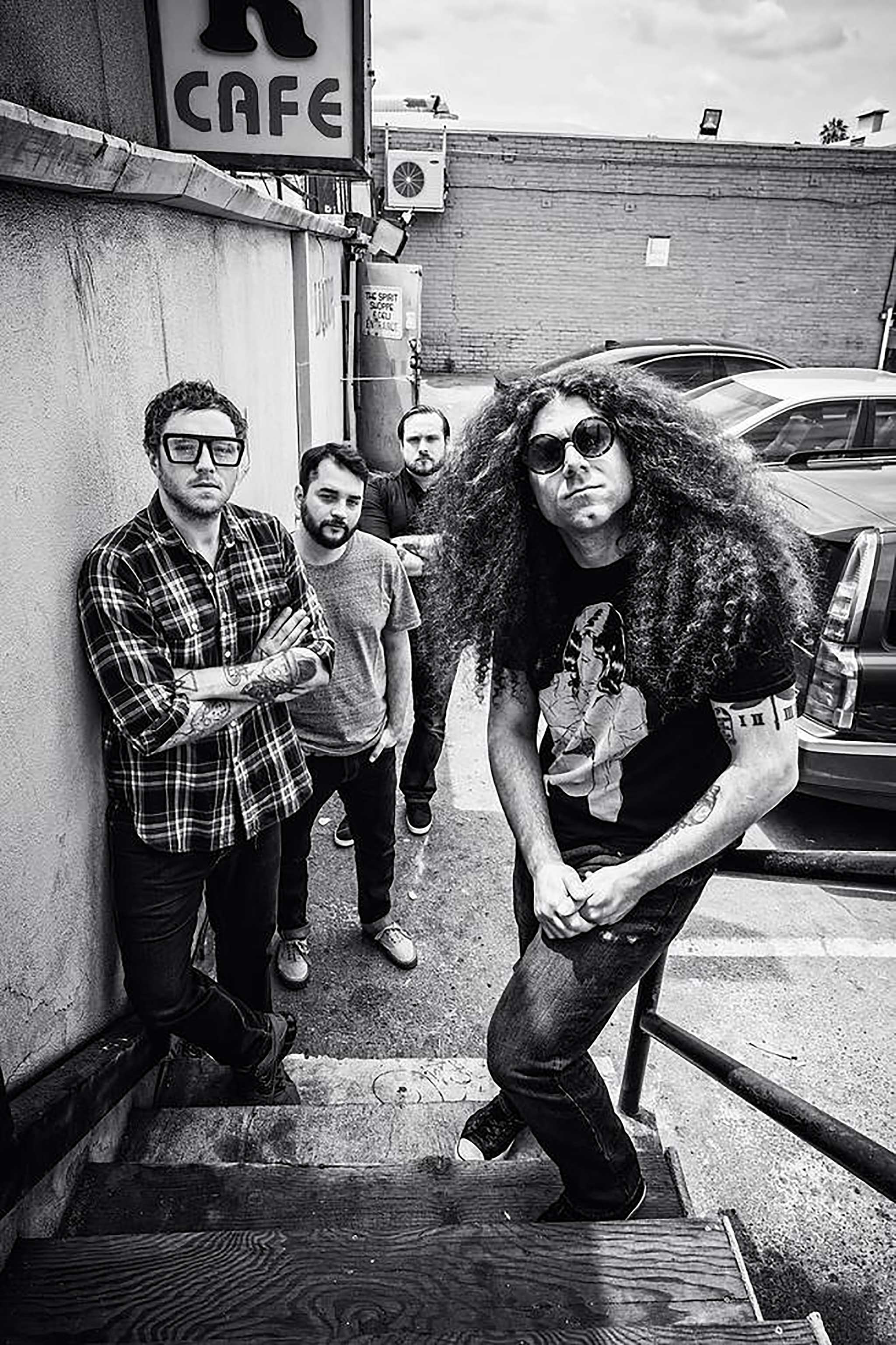
The album’s second song, the vitriolic Eraser, sums up Sanchez’s frame of mind while he was writing The Color Before The Sun: ‘Oh, middle age, bring me a crisis,’ he spits, before a defiant and angry, ‘Who gives a fuck?’ At 37 and about to become a dad for the first time, Claudio Sanchez found himself at something of an existential crossroads. Creatively impotent and at a loss as to what to do, he decided to ditch the idea of making another concept record and let the songs speak for themselves.
“Having no concept to work with was freeing in a way, but when I was writing this record, I had no real idea that I was writing it,” says Sanchez, tugging nervously at his cap, his mound of curls held uneasily in place.
“I was almost sort of imprisoned. I was writing it living in this apartment in Brooklyn and I thought what I had was writer’s block because everything I was writing had this sort of exposed nature to it. So that exposure sort of spilled over into the consciousness of the song and in a way I thought, ‘Well, this isn’t even a Coheed record – this might be a solo record.’ But for years I always felt that Coheed shouldn’t have this limitation to it. I feel like that should also apply to the idea of lifting back the curtain and allowing the concept to break.
Sign up below to get the latest from Prog, plus exclusive special offers, direct to your inbox!
“I kind of felt this whole identity crisis and I started to think about the freedom of being younger and not being in a band, how I missed that mentality, that preconceived idea of what people wanted from us as what we do as Coheed. That sent me on a downward spiral into songs like Eraser and Island. And that was tempered by wondering what kind of father I was going to become and that spilled over into songs like Ghost and Atlas.”
While Sanchez is happy to ditch what he sees as the conceptual chains for his latest record, what’s even more surprising is the angst and anger that makes up a great deal of the album – not least in the jangly and upbeat-sounding lead single, You Got Spirit, Kid.
“There is anger there,” says Sanchez, “but it’s with myself. It’s like, what are you fixated by, Claudio? Life is good. Why do I have these doubts about these things that I’m trying to reach for that don’t matter any more? And I couldn’t see that forest through the trees, I couldn’t see past my own crazy, and then ultimately coming out with …Spirit, Kid where it was just like, ‘Nobody gives a shit, a fuck.’ That was eye-opening to me. As quirky and gimmicky as that song is, it really resonates, and it’s the punctuation for what the record needs after all this turmoil that’s there, all this angst… really, it equates to nothing. I mean, time is all that we really strive for because that’s the only thing of any value – being alive.”
While Sanchez was on a journey of self-discovery – he and his wife travelled to Paris, Florida and LA (“We called it the transient life,” he says now) before settling in Brooklyn and starting a family – he leased out his family home in upstate New York. The property, which he calls The Big Beige, is in a secluded spot out in the countryside, and a lot of the great Coheed songs were written there.
“We were just about to have Atlas when we found out that The Big Beige had been vandalised,” he says, sounding incredulous, as if he’s recounting an attack on an old friend.
“So here I am going down this plight of identity crises, my son is coming and now I’m upbeat and hopeful, and then my wife gets this text message from our renters that’s like, ‘The house has been broken into, we’re not coming back.’ We thought that was a little strange, considering the next day was going to be the yearly walkthrough to check the place over. So she calls the police and they arrive at the house, and they tell us that no one’s been living there but your floors have been jigsawed apart and the place, suspiciously, smells like pot. But there’s no evidence of that; we can’t find anything.
“So, we go up there and you can see in the basement the imprint from the buckets and pots. It was the entire floor, and it’s a 3,600-square-foot house. And it’s covered in this residue. They estimated that if indeed it was a dope farm, not that they had the concrete evidence, it was upwards of a $300,000-a-month operation. Those people who had rented just disappeared and then there was the frustration that the insurance company thought we were involved, and so we had to get sequestered and questioned. Honestly, it was never‑ending.”
Months later, Sanchez and his new family have decided to return to Brooklyn and to a bigger apartment this time. With the album finally finished, the Coheed frontman is working on a musical adaptation of a Victorian novel (he won’t say which just yet) with some Broadway producers. “The first act is written,” he reveals. “It’s very all over the map. The opening song is, like, 13 minutes long, and maybe that’s why The Color… seems foreign because this other thing was allowing me to be so conceptual and flamboyant?”
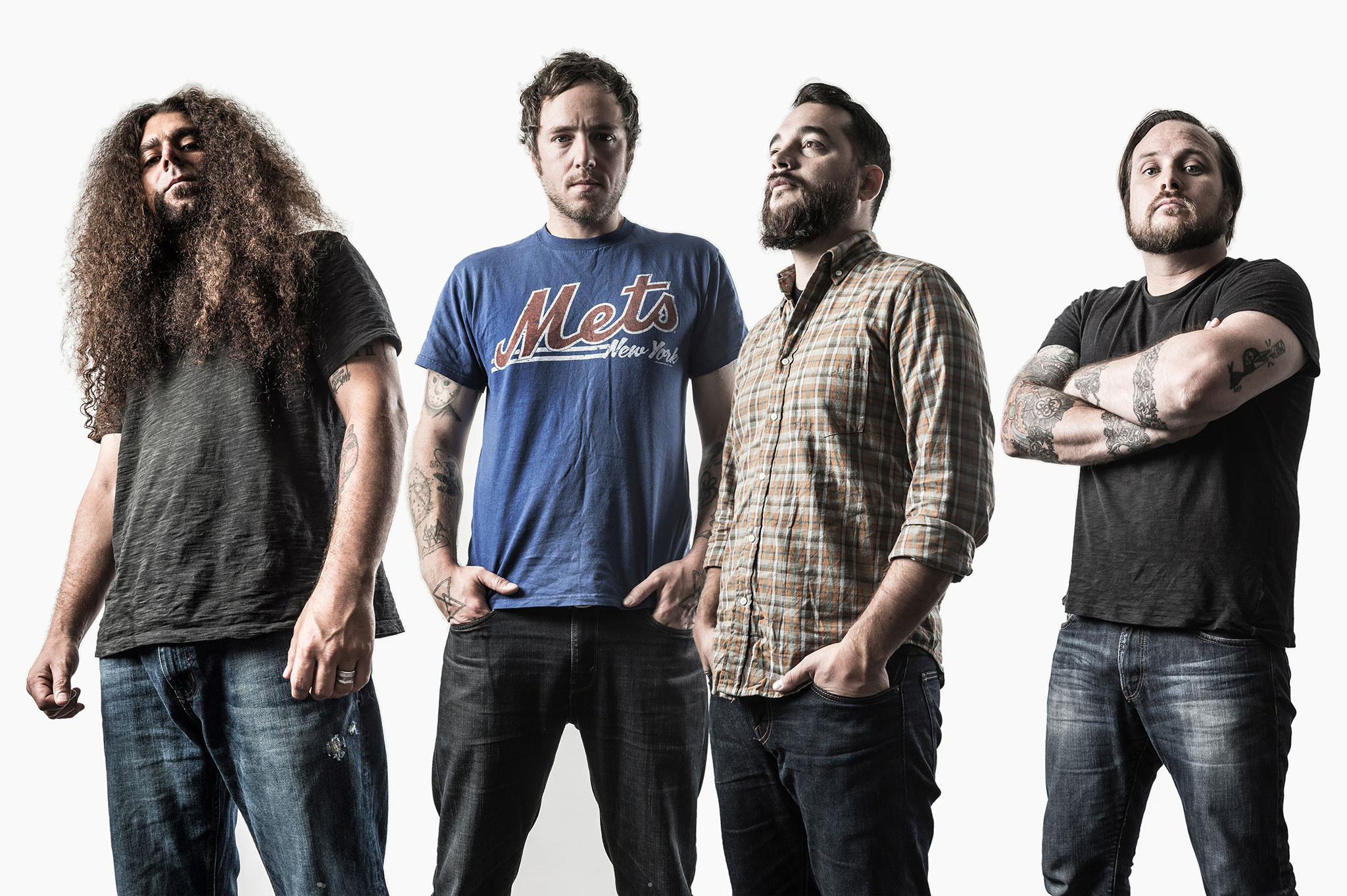
Possibly for the first time, Claudio Sanchez is at peace with himself and the world. That seems to be confirmed by the album’s final song, the lilting Peace To The Mountain, which sounds like the work of a man coming to terms with himself; a man who has come through what he calls his “chaotic fall”.
“Absolutely – that is a complete resolve,” he affirms. “It’s a lot of things – it’s obsession with death and sorrow, with what will be the ultimate conclusion for anyone, the void that is left when somebody leaves definitely. And the return to the mountain…”
He shrugs; a lot of our conversation has revolved around beginnings and their end, and here’s another new start.
“Until now I’ve been very scared to just let the songs speak for themselves. I’ve always needed a concept to hide behind. All of the records are very personal records, but I was a scared, insecure person that did not want to be judged by my art, so figured out a way to create a shield with a concept that would take the judgement. Here I am now at 37 years old and a father and there’s this new phase in my life. I don’t care really, my feelings won’t get hurt any more. The only thing that matters is my family and doing right by them.”
He pauses for a moment and then smiles. “There are a ton of love songs on those Coheed records, songs about connecting, you know. I’ve always been a romantic.”
This article originally appeared in Prog 60.
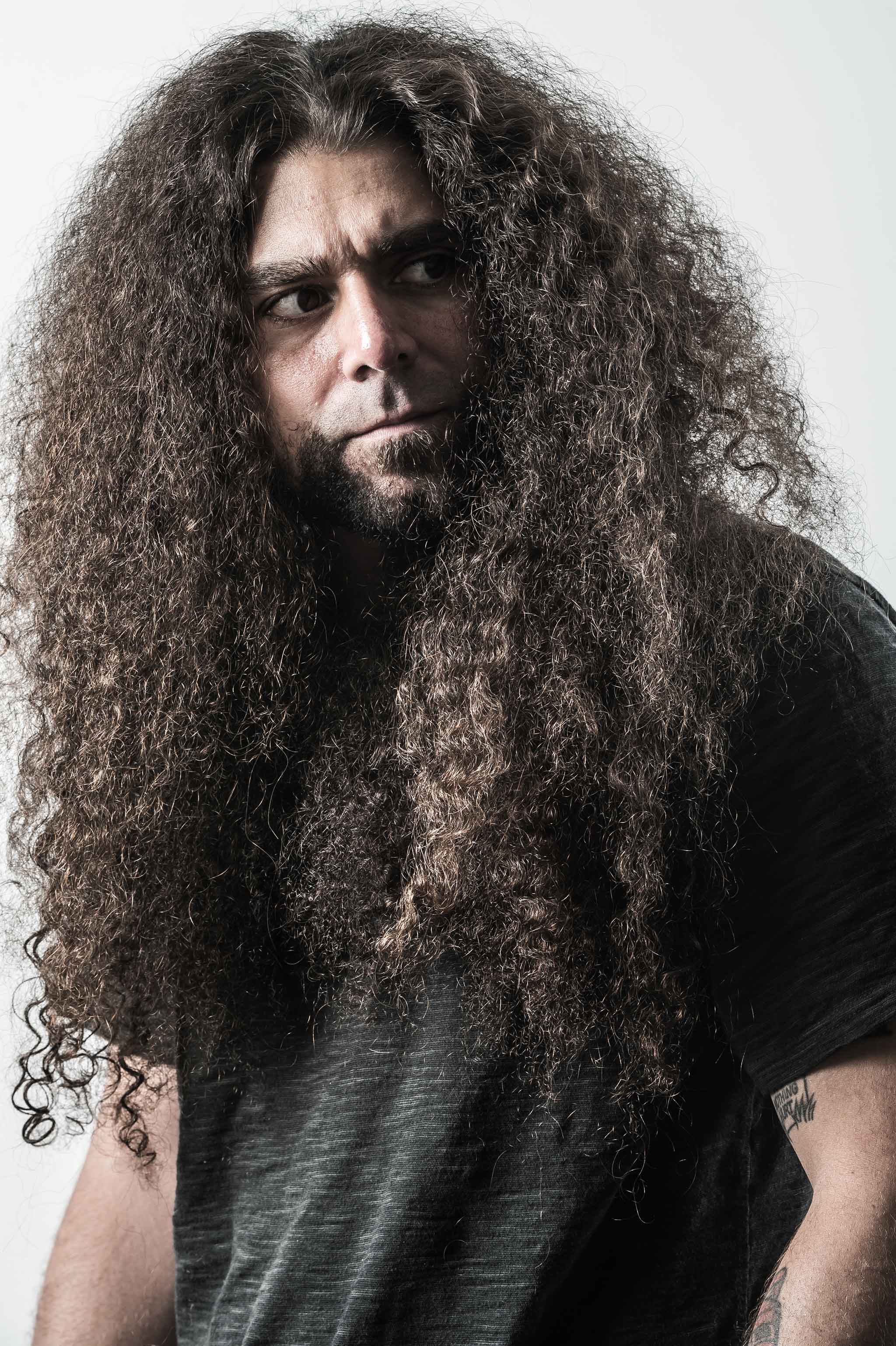
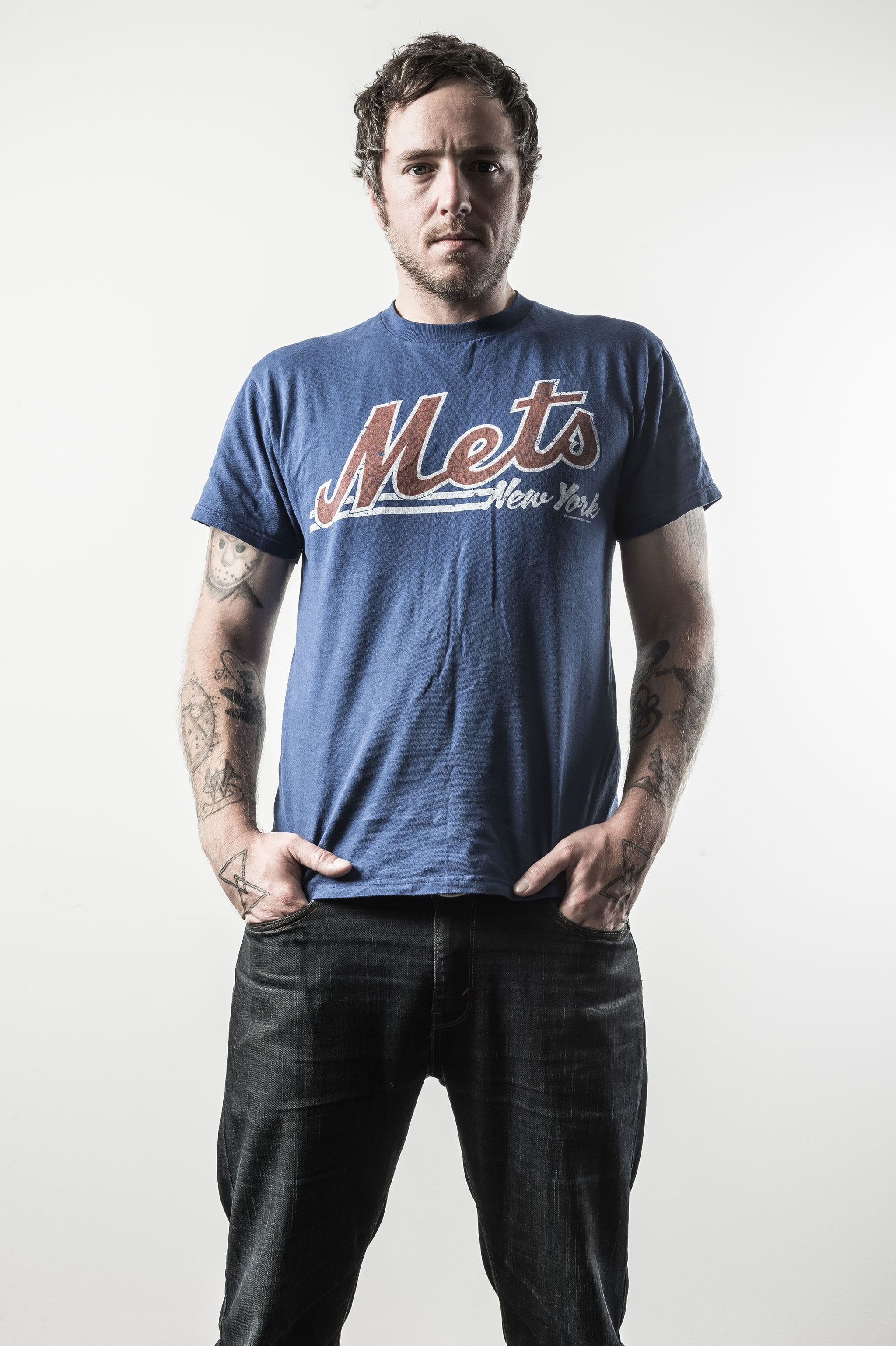
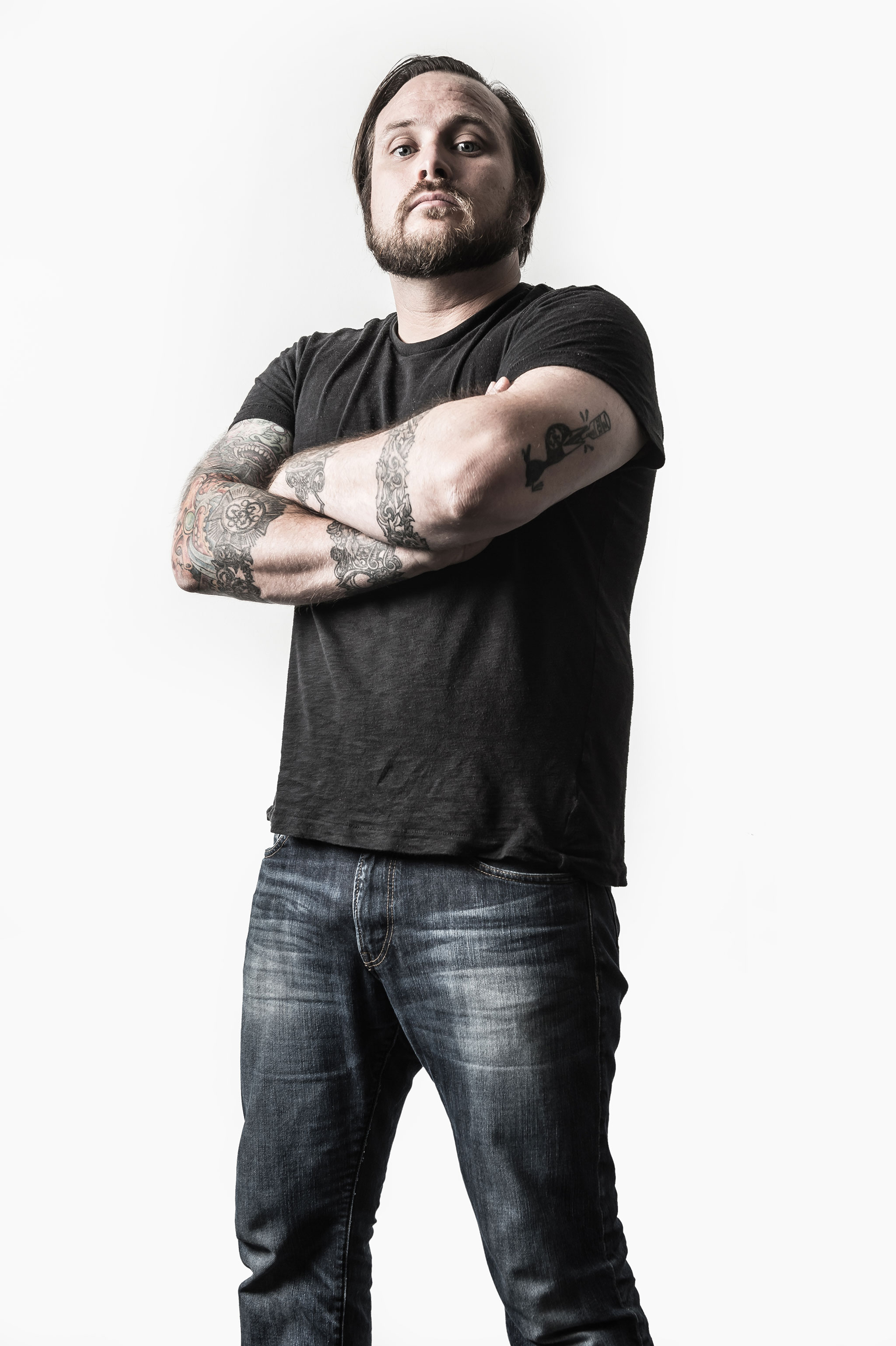
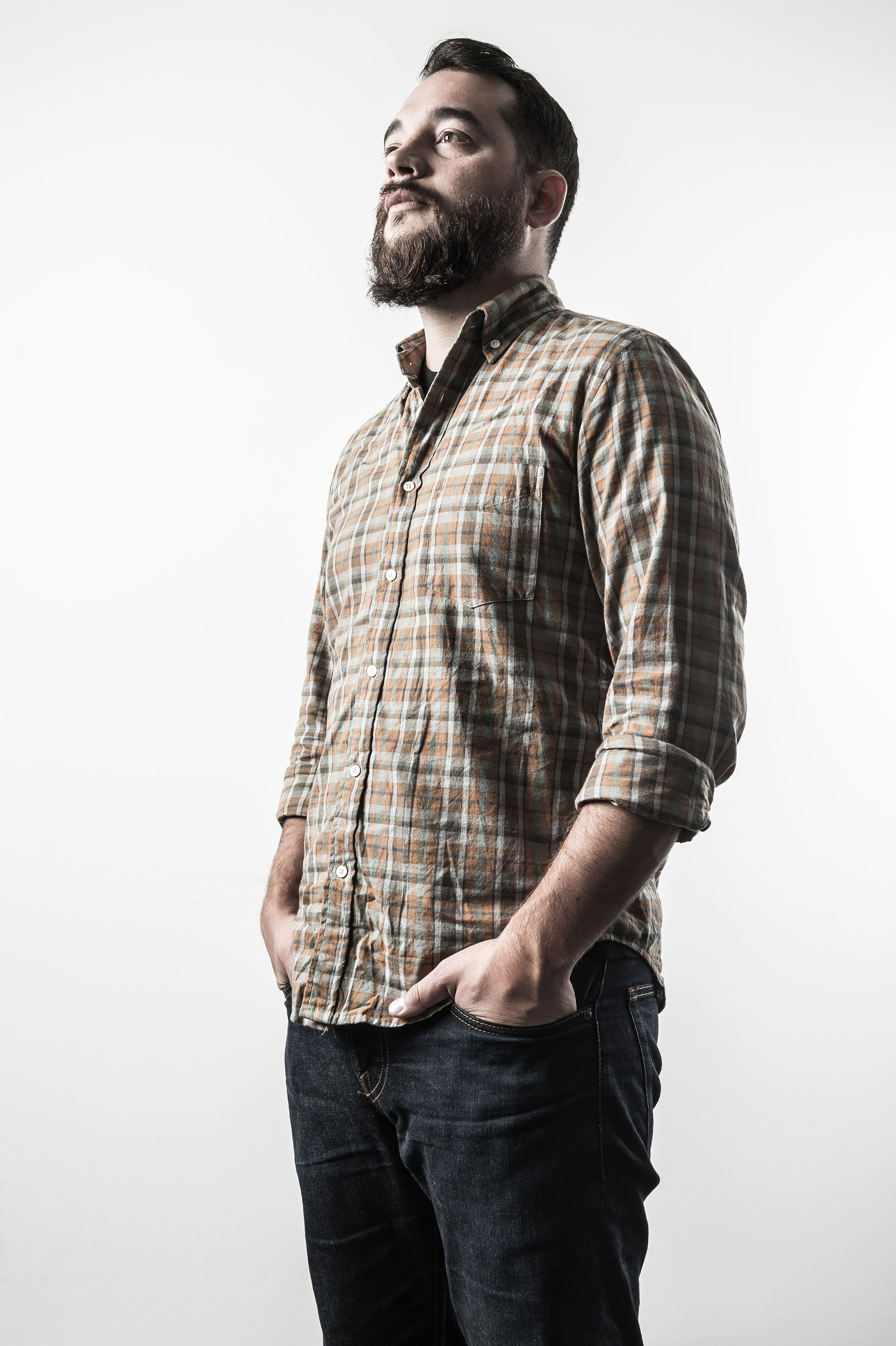
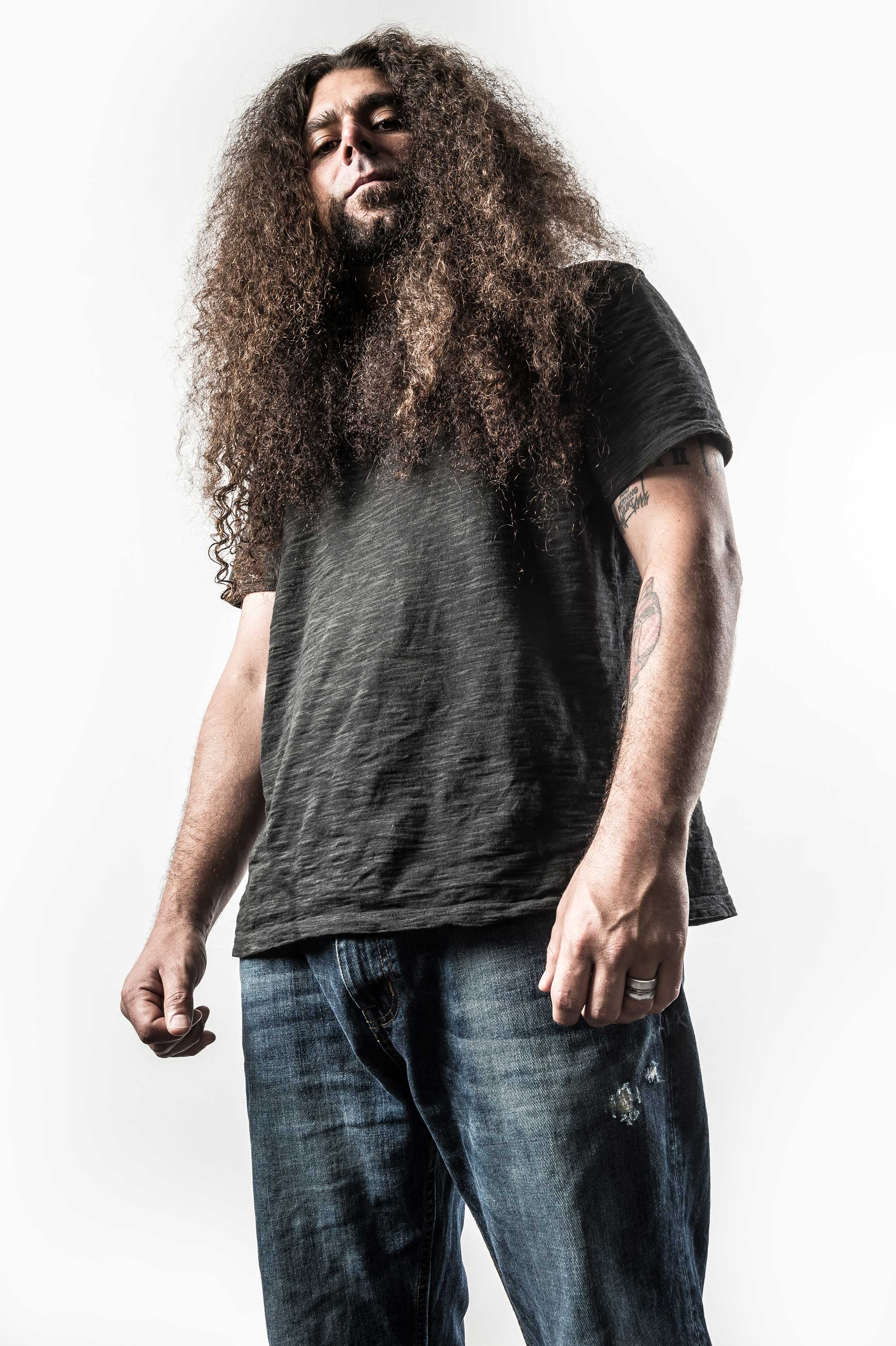
Philip Wilding is a novelist, journalist, scriptwriter, biographer and radio producer. As a young journalist he criss-crossed most of the United States with bands like Motley Crue, Kiss and Poison (think the Almost Famous movie but with more hairspray). More latterly, he’s sat down to chat with bands like the slightly more erudite Manic Street Preachers, Afghan Whigs, Rush and Marillion.
